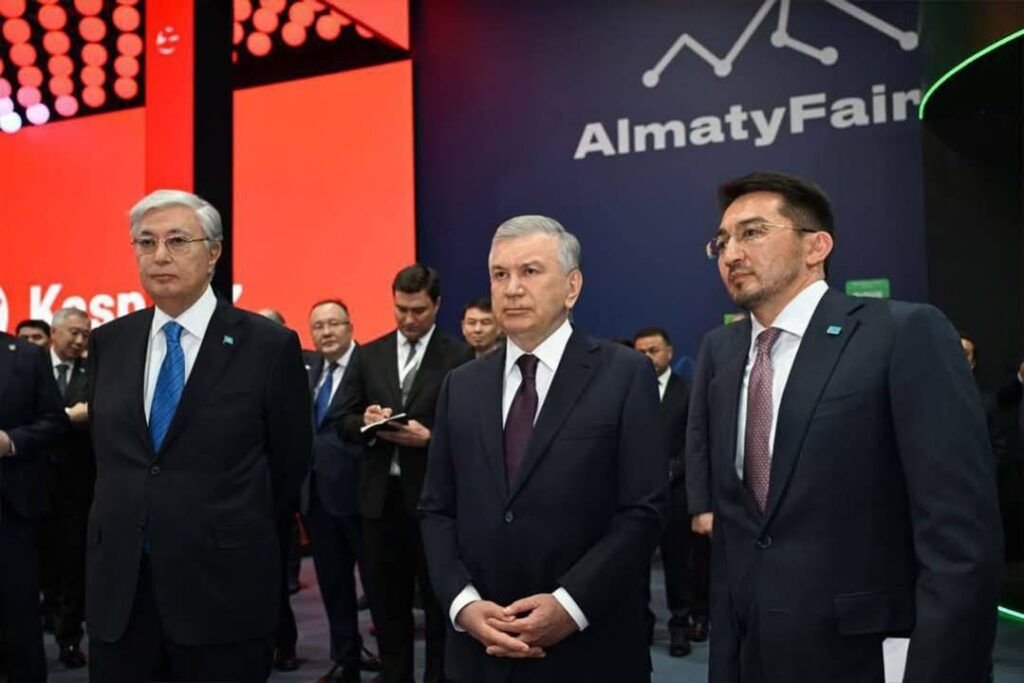Singapore to assist Kazakhstan in building data centers

Singapore’s GK Hyperscale Ltd will participate in the construction of two 200 MW data centers in the Akmola and Karaganda regions, according to Kazakhstan’s Ministry of Digital Development, Innovation and Aerospace Industry. Minister Zhaslan Madiyev announced the project at the AlmatyFair.ai exhibition, briefing Kazakhstan’s President Kassym-Jomart Tokayev and Uzbekistan’s President Shavkat Mirziyoyev, who attended the event.
«To support large-scale artificial intelligence (AI) initiatives, significant infrastructure is required. In this regard, two major data centers with a capacity of 200 MW will be built in Kazakhstan,» officials stated.
The project will be implemented in collaboration with Singapore-based GK Hyperscale Ltd, according to a published report.
Total investments in the construction of the data centers are expected to reach $1.5 billion, creating jobs for more than 360 specialists. Over 50% of the data centers’ revenue is expected to come from export contracts. An additional $1.2 billion will be allocated for power plant upgrades, wind farm construction, and energy storage systems. Construction is set to begin in Q1 2026, with the first module launching in 2027.
The data centers’ infrastructure will support various digital initiatives, including the alem.ai International AI Center. For instance, the center will host Tomorrow School Junior, an educational hub for students in grades 9 to 11, and Tomorrow School, a peer-to-peer learning platform for AI training based on the 01Edu System. Moreover, an AI campus – an incubator for startups and an R&D hub for global technology companies – is expected to be located there.
According to Madiyev, alem.ai will serve as Kazakhstan’s primary platform for AI research, startup development, and international cooperation. As the minister noted, the initiative will boost Kazakhstani AI exports, drive technological and economic growth, and establish Astana as a key intellectual hub in the region.
During the exhibition, Tokayev and Mirziyoyev were also presented with a national AI platform that enables users to create AI assistants without programming skills. They were shown how AI-powered tools can facilitate government services and social benefits through a digital wallet.
As part of AI People, the world’s largest AI program, 60,000 specialists are set to be trained in Central Asia by 2025. Additionally, through the AI Kyzmet initiative, Kazakhstani civil servants will undergo AI certification in collaboration with government agencies.
At the event, Kazakh and Uzbek IT companies signed a memorandum on expanding into international markets. In 2025, they plan to participate in leading global technology forums and establish hubs in the UAE and China. By 2030, their goal is to create eight or more unicorn startups (valued at over $1 billion) and increase technology exports to $10 billion.

